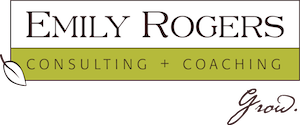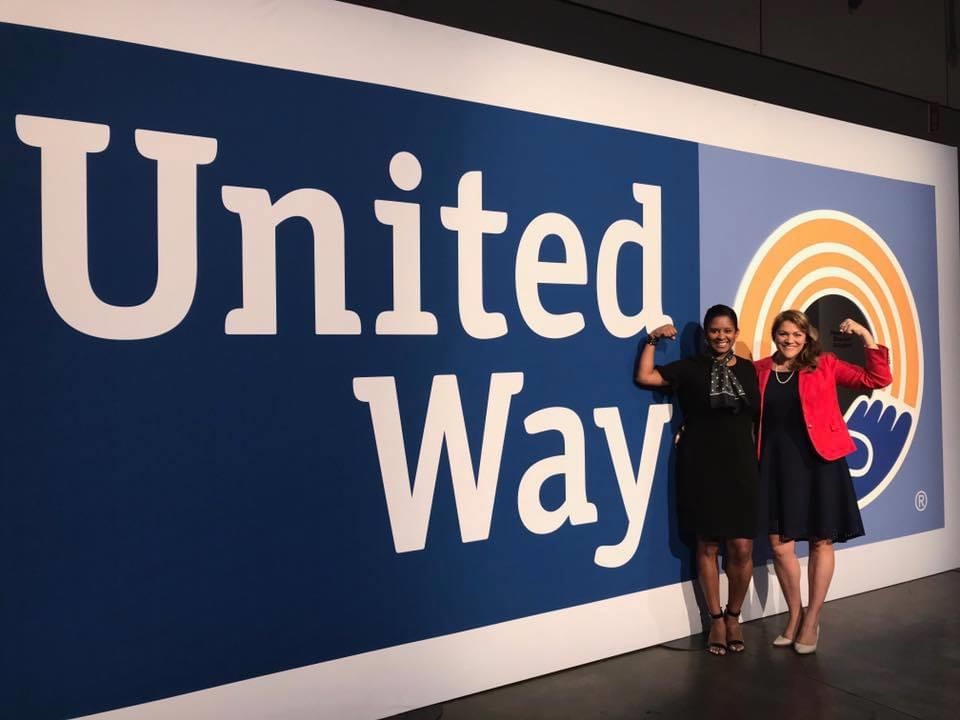The scale of COVID-19’s local and global impact to date is extraordinary, and its future aftermath is yet to be seen. Organizations of all sizes are simultaneously acclimating to this unexpected abnormal period of time while charting a course for an unpredictable new normal. In extraordinary times like these, people turn to their leaders for guidance and reassurance more than ever before. This column captures a conversation with a leader whose role has placed her on the frontlines of three community fundamentals most impacted by the pandemic – education, health, and financial stability. For ten years, Christina Criser Jackson has shared her passion for improving lives and strengthening our community through her service at United Way of Central Florida (UWCF). Christina became the President and CEO of UWCF in August 2019. She holds a master’s degree in Family, Youth, and Community Science from the University of Florida and was recently honored as one of 2020’s 40 Gators Under 40. Our conversation reveals Christina’s unique experiences in her new role and the challenges of leading in times of uncertainty.
Q: What are the most valuable leadership lessons you’ve learned in your first year as President and CEO of UWCF?
There are three lessons I have learned over the past year. First – failure is a must. I encourage my team to “Fail fast, fail hard, fail forward.” As we work diligently and push forward, we will occasionally fail. During this time of rapid change and uncertainty, we are continuously making operational changes, evaluating what works and what does not, and making adjustments. I used to avoid failure at all costs, but now I view failures as opportunities to learn from mistakes, adapt practices, and strive for excellence.
My second lesson is to be a tireless advocate for my team. My team must know that I have their backs. Maximizing my organization’s impact requires that I delegate and support my team.
The third lesson is to remain loyal to the organization. When the values and culture of the organization are at the core of my decisions, difficult situations are easier to address. Whether I am addressing a personnel issue, community impact priorities, or an organizational restructure, remaining steadfast to the organization’s mission gives me strength as a leader.
Q: As our community manages through and recovers from the COVID-19 crisis, what are some of the ways you hope that UWCF will make an impact in our community?
UWCF is in the business of identifying the needs in the community and addressing those needs with viable services through our network of partner services. We have a history of producing positive outcomes in the areas most impacted by the coronavirus pandemic. The pandemic hasn’t changed our service model but has challenged us to work differently. In a typical disaster situation, a portion of our community is affected, and the rest of the community jumps in to serve them. However, the pandemic has impacted our entire geographic footprint and we must pivot to address this increased demand for services.
We are continually bringing partners to the table to address our community’s rapidly changing needs for things like food resources, mental wellness services, and childcare. Our staff and volunteers are working around the clock, and our partners are pouring sweat equity into the people they serve. They are living examples of our tagline – “United We Can Accomplish More.”
Q: What is the most valuable leadership feedback you received as you have advanced in your career?
“You have this”. This simple reminder came from one of my mentors. When you feel like you don’t know all the answers, take solace in the fact that you are not expected to know everything. When you are uncertain- listen first, do your research, draw from past experiences, check-in with mentors, and then trust your intuition.
Q: What advice do you have for professional women struggling to manage work-life “blend”?
Having a child has not only blessed my personal life, it has also made me a better leader. I used to live for the thrill of an all-consuming project at work, but having a family made me realize that singular focus was not healthy for my personal or professional relationships.
Not having boundaries on my work life was setting me up for burnout and inadvertently set a false expectation with my staff that they should keep up that pace. Today, I can disconnect from work when needed and go back to unfinished tasks later in the evening. This gives me dedicated time to nurture relationships and concentrate on wellness, which renews my energy for my work.
Q: What sense of purpose guides you in your work and in your life?
My purpose comes from the people we serve. My life’s calling is found in my hope in humanity and understanding that everyone has potential, but not everyone has opportunities. If the work we do can be a driving force to provide those opportunities, my purpose is fulfilled.
Learn about Emily’s professional development programs for women leaders.

